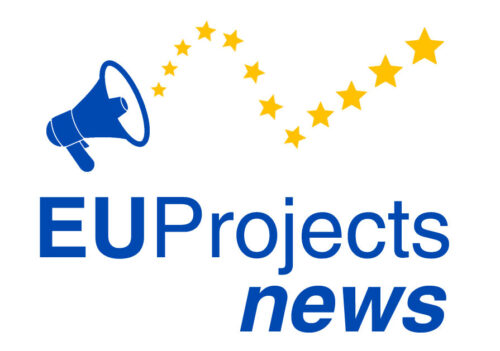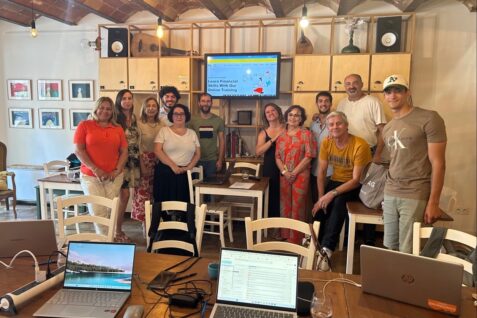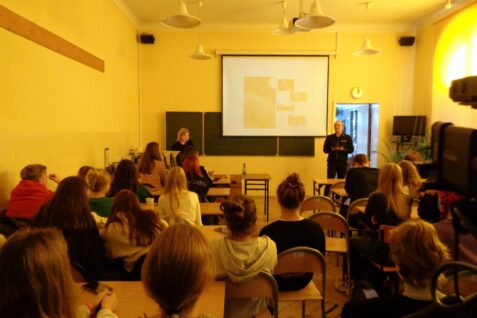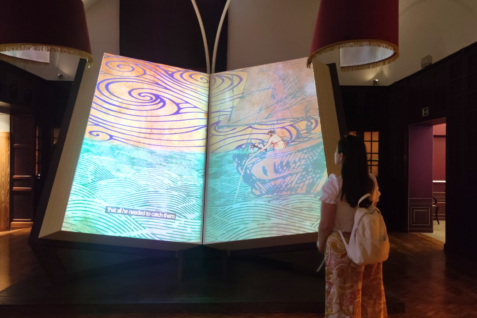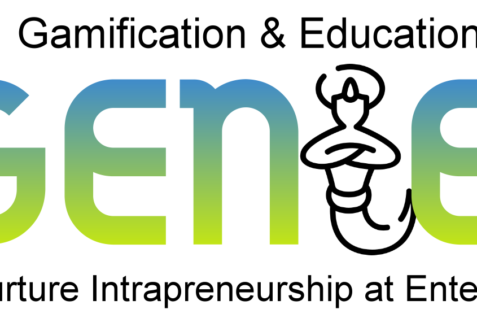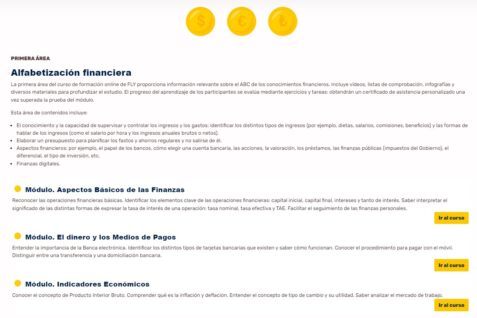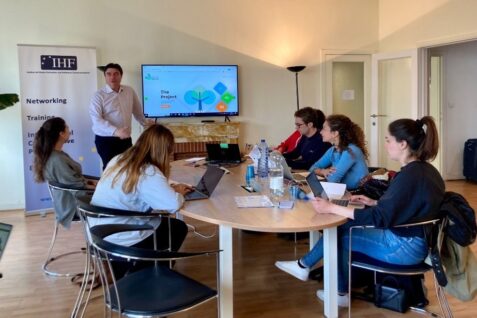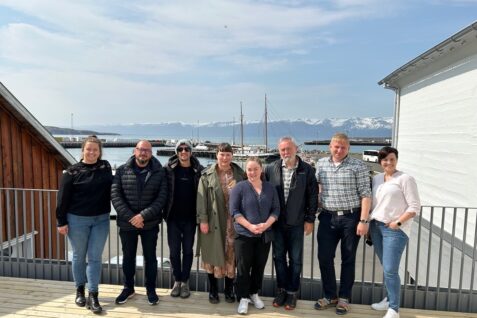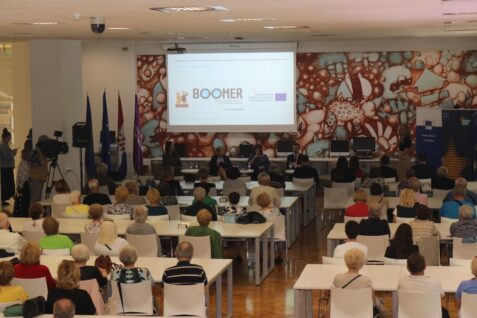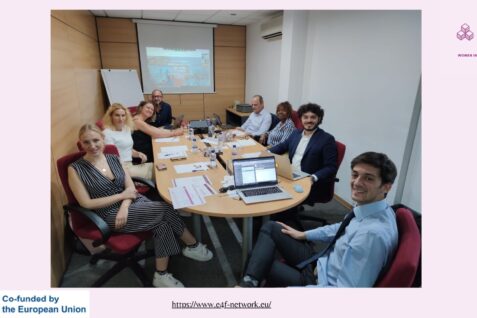
4th Transnational Project Meeting of the E4F Project Femmes Chefs d’entreprise à l’Export hors de l’EU in Malaga
On the 21st of September 2023, the Project E4F consortium joined the Closing Meeting of E4F in Malaga (Spain), a Project co-funded by the Erasmus Plus Programme of the European Commission, …
On the 21st of September 2023, the Project E4F consortium joined the Closing Meeting of E4F in Malaga (Spain), a Project co-funded by the Erasmus Plus Programme of the European Commission, which brings together 7 partners from 5 different countries (France, Italy, Slovenia, Belgium, Spain).
The main objective of E4F is to support and revamp the potential of female SMEs and microenterprises to tap into extra-EU markets export. The project aims to build and reinforce the capacity, skills and competencies of female enterprises to export to extra-EU markets by developing innovative training and capacity-building programmes and tools that will ignite their export potential. The heterogeneous character of the E4F consortium embodies in itself the entire essence of the project. The partnership gathers professional organisations from different geographical European regions, including ultra-peripheral areas which are already part of the global market, with extensive experience in female entrepreneurship, export promotion, vocational education and training, and digital development. Furthermore, most partners already represent the target group of women entrepreneurs and SMEs, including a strong participation of females within the working teams.
During the closing meeting, the overall development of the project was reviewed with a focus on the following points:
- Project Management and Reporting.
- Dissemination and visibility.
- Quality Assurance.
- PR4 Public Policy Upscaling and Training Uptake Guidelines.
- PR1 OER Platform and Project Website
- PR2 Map Export Dynamics, Challenges & Opportunities for Female-run Businesses
- PR3 Develop E4F Tool-Kit
The project is nearing a successful conclusion, as reflected in the statistics of visits to the OER platform, the massive follow-up of the training courses and the feedback received by users and stakeholders at the many events at which the project has been presented.
All partners actively participated in the meeting, reviewing the latest steps towards the closure of the project and exploring new possibilities for future collaboration.
More information: https://www.e4f-network.eu/
